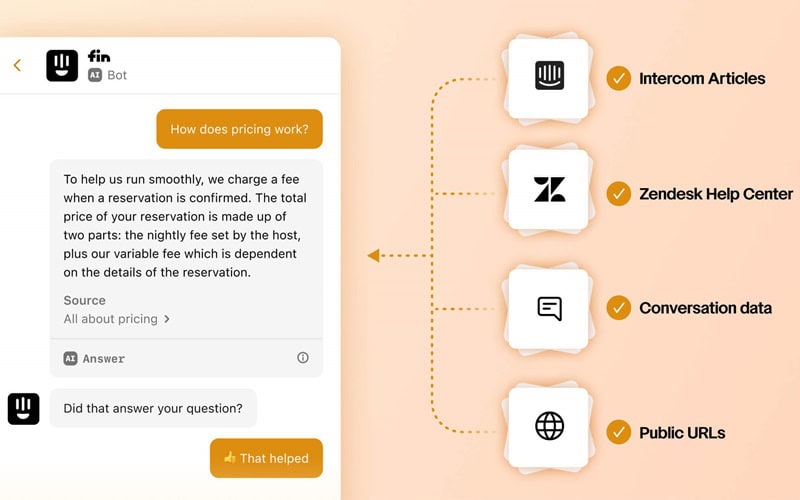The application of artificial intelligence is on the point of becoming ubiquitous, but it is the presence of AI agents (and the models that drive them) that may come to the fore as the world of smart automation starts to impact every user scenario. Ask an AI service (via a simple Google search) what one is and you’ll be told that an AI agent is a software program that can use artificial intelligence (AI) to perform tasks, interact with its environment and learn from its experiences. But there is more to learn here, so what should we be thinking about?
We’re still in control
As AI agents go to work, it’s important to remember that human beings (AI engineers, software developers… and one day soon ‘citizen’ businesspeople through abstracted simplified interfaces) are still in control to set the goals that AI agents are tasked with performing against. As AWS reminds us, humans set goals, but an AI agent independently chooses the best actions it needs to perform to achieve those goals.
“For example, consider a contact centre AI agent that wants to resolve customer queries. The agent will automatically ask the customer different questions, look up information in internal documents and respond with a solution. Based on the customer responses, it determines if it can resolve the query itself or pass it on to a human,” notes the hyperscaler giant, on its WhatIs pages.
According to a Capgemini report, 82% of organisations plan to integrate AI agents within the next few years. Many agree that a central challenge here work to ensure that while giving them agency and licence to perform, we maintain safeguards and transparency.
Ann Maya, EMEA CTO for cloud integration platform company Boomi is a fan. She’s attracted by their ‘social abilities’ (i.e. AI agents can communicate with other AI agents, or humans depending on the tasks at hand) and the opportunity they offer to abstract technical complexity and lower the cost and skill barrier to AI entry.
Upping accuracy & efficacy
“Potentially, we can leverage third-party AI agents to utilize the right Large Language Model (LLM) for the right use case without having to license multiple LLMs. Alternatively, software teams can create their own AI agents using techniques to enhance responses from an LLM within an organisation’s own [domain-specific] business context for better accuracy and efficacy. Integration and orchestration are the keys to success here,” said Maya.
As we get more used to discussing AI agents, we may perhaps develop a deeper understanding of how these task-oriented programs operate autonomously as “workers” to achieve a set goal. What sets them apart from applications or programs of old is they are aware of their environment and can use tools and learn, which means they have the potential to plan or make decisions on their own.
In the realm of AI, Boomi Maya says that this means an agent can do things like iterate prompts to achieve more accuracy from an LLM. One example: Fintalk is a conversational agent that can take a user’s finance question, leverage data from key integrated finance systems and data sources (like data lakes), then return an answer, using an LLM, that matches the user’s expectations. Disclosure: the company has an interest in promoting this product, it is actually known as Boomi FinTalk powered by Vianai, a human-centred financial services enterprise AI specialist.
Manipulating multiple models
“There are a growing number of generative AI models out there and no one model is best for every scenario,” advised Maya. “We know that ideally, organizations should use multiple models, but that will soon drive costs through the roof. The cool thing is that agents can be combined to achieve complex autonomous actions that leverage multiple models. We can also use vendors offering AI services that can be packaged into agents. Orchestration of any number of agents is a fairly new concept and can be complex, but deploying agents is a way to get on board with generative AI today without massive commitment.”
Through agent implementation, the suggestion being made here is that businesses can see improved decision-making and increased efficiency. By using AI agents, Maya thinks that organisations can hugely simplify and optimise everyday processes.
The Boomi message here (from the integration and data management company, so you know what’s coming) is that while agents have impressive capabilities, similarly to all AI tools, the rise in use will place increased importance on prioritising data management. In order to maximize the benefits of these agents, it is still crucial to safeguard AI-powered processes, keeping humans in the loop and ensuring agents are trained on high-quality data to reduce errors and hallucinations.
The bottom line? It’s time for AI agents to get to work, but only when we tell them to and only after we decide what time lunch break happens.

